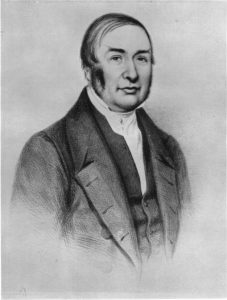Feelings and Emotions are an Essential Part of Our Everyday Experience So Why Do So Many Modern Therapies Try to Get Rid of so Called ‘Bad Feelings’ by Leon Paterson
In this short article we will go beyond the limited psychology research to explore how feelings and emotions work. The variability of emotions will be demonstrated to show that they are not simply on or off – you’re happy or you’re not happy. That in fact emotions increase to a peak and then decrease often through a short space of time. Read more…




